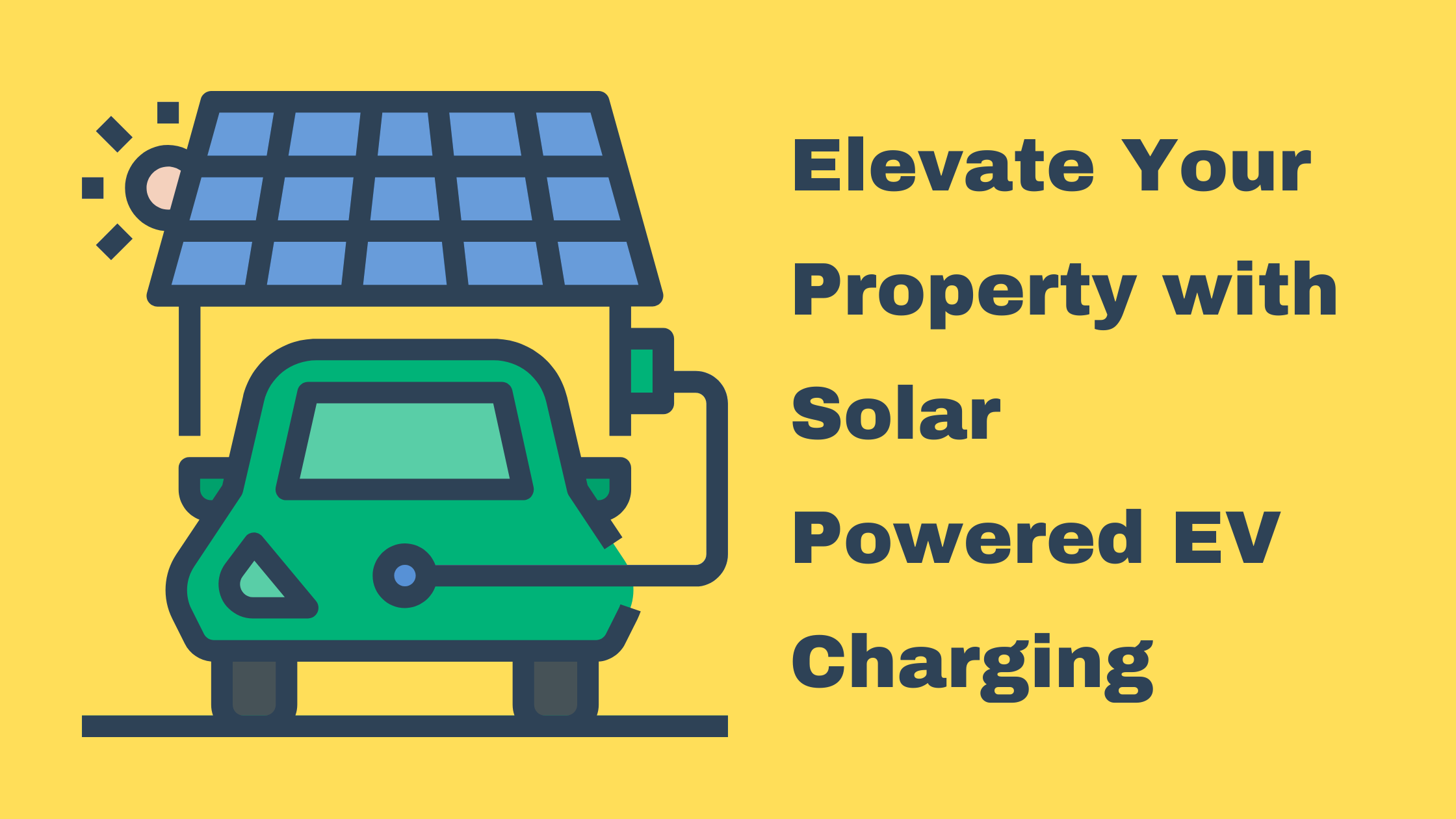Financial Savings: The Economic Benefits of Electric Cars

Switching to an electric vehicle (EV) offers a wide array of benefits that extend beyond environmental impact. While reducing carbon emissions and minimizing your carbon footprint are well-known advantages, the financial savings associated with driving an EV are equally compelling. Over time, these savings can accumulate and significantly lower the overall cost of vehicle ownership.
Lower Operational Costs of Electric Vehicles
Electric vehicles have much lower operational costs compared to traditional gasoline-powered cars. This is primarily due to the difference in fuel costs. Charging an EV, especially during off-peak hours at home, is generally more affordable than filling up a tank with gasoline.
Additionally, EVs have fewer mechanical components than internal combustion engine (ICE) vehicles. This translates to lower maintenance expenses, as there's no need for oil changes, transmission repairs, or exhaust system maintenance. Over time, these savings can add up, making EVs a more cost-effective option.

Financial Incentives and Rebates for EV Owners
Governments worldwide are encouraging the adoption of electric vehicles through tax incentives and rebates, which can significantly reduce the initial purchase cost of an EV. In the United States, for example, federal tax credits of up to $7,500 are available for new electric car purchases. Many states and local governments also offer additional rebates, lower registration fees, and perks like access to carpool lanes. These incentives make EVs more affordable upfront and enhance their overall value.

Long-Term Financial Benefits of EV Ownership
The financial benefits of owning an electric vehicle extend beyond just lower fuel and maintenance costs. EVs often have a longer lifespan than traditional vehicles, allowing owners to enjoy their cars for more years before needing a replacement. As the resale market for EVs grows, their resale value is also becoming more competitive, helping owners recoup a significant portion of their investment when it's time to upgrade.
Comparing Electric and Traditional Fuel Vehicles
When comparing the costs of electric vehicles to traditional fuel vehicles, the economic advantages of EVs become clear. While the initial purchase price of an EV might be higher, the total cost of ownership—considering fuel, maintenance, and tax incentives—is often lower. Over five years, an EV owner can save thousands of dollars on fuel alone. When you add in reduced maintenance costs and available tax credits, the financial benefits of driving an electric vehicle become even more compelling.

Future Financial Trends in EV Technology
The future of electric vehicle technology holds the promise of even greater financial savings. Advances in battery technology are expected to reduce the cost of batteries, which are currently the most expensive component of an EV. Additionally, the expansion of charging infrastructure and advancements in renewable energy sources will likely reduce the cost of charging EVs. These trends, along with potential new government incentives, suggest that the financial benefits of switching to an electric vehicle will continue to grow.
Making the switch to an electric vehicle not only helps the environment but also makes financial sense. As technology and infrastructure improve, the cost advantages of driving an EV will only become more pronounced.
![]()
Charge ahead with confidence.
The #Green Team


